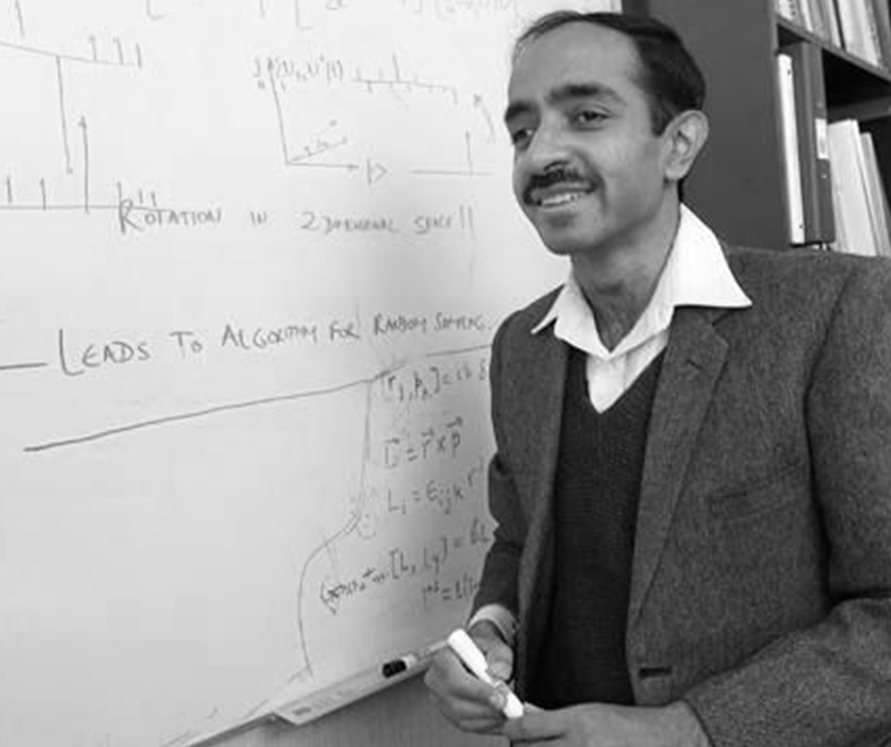Quantum Blockchain (QBT ) provided another R&D update this morning on the development of its proprietary Bitcoin mining technology.
Quantum announced it has retained Dr. Lov Kumar Grover as a special consultant for the assessment of Quantum's SHA-265-based quantum mining algorithm.
Dr. Grover has a long history in quantum computing, having authored the first quantum algorithm for database searches while working at AT&T Bell Labs. Known as "Grover's Algorithm", it materially improves the speed, accuracy, and efficiency of using large databases.

Image: Columbia University Data Science Institute
Grover's Algorithm should have "fundamental relevance" to Bitcoin mining, Quantum explains.
Quantum has retained Dr. Grover for an initial contract of 3 months and granted him 5 million warrants over QBT's ordinary shares, exercisable at 5p/share before 31 October 2023.
Francesco Gardin, CEO and Chairman, commented:
"We are extremely pleased that Dr. Grover has joined our team. As a leading light in the sector, his profound knowledge of quantum computing theory and optimisation will prove essential for further refining the proprietary SHA-256 quantum version developed by QBT.
In science, like in many other human endeavours, it is the people who make the difference. In our case, we believe that Dr. Grover's contribution to verifying the theoretical correctness of our quantum version of the SHA-256 algorithm will be key to the success of our project."
View from Vox
More good news from Quantum Blockchain as they continue the path of leveraging quantum computing for BTC mining. Quantum's proprietary algorithm uses a quantum version of the SHA-265 algorithm, the core engine for Bitcoin mining, to materially improve on mining time.
Dr. Grover is an established name in the field. Retaining him should accelerate Quantum's R&D, which has yielded impressive results over the past 12 months, and now entered the patent filing stage.
Dr. Grover's algorithm plainly demonstrates the power of quantum computing over classical computing e.g. the reduction of search time of 1 word among N number of words in a database, reduced from N/2 attempts in a classical machine to the square root of N on a quantum computer. What this means in practice is that in a database of 10,000 words for instance, instead of 5,000 average attempts that a classical computer would make, it would only take a quantum computer 100 attempts on average to find the word. The larger the database, the bigger the quantum computer's advantage.
In November, Quantum's machine learning IP recorded a 30% improvement in mining time over commercially available ASIC (dedicated) Bitcoin miners, entirely achieved in software. Commercialisation of this technology should result in a clear profit boost for the company in the near term. Deployment should be a simple matter of replacing the native control software of miners with Quantum's own, akin to a software update that requires minimum distribution costs.
These are exciting times for Quantum Blockchain and we recommend investors interested in the crypto sector the company as it progresses toward commercial deployment.
QBT stock jumped 8% on the news today.

